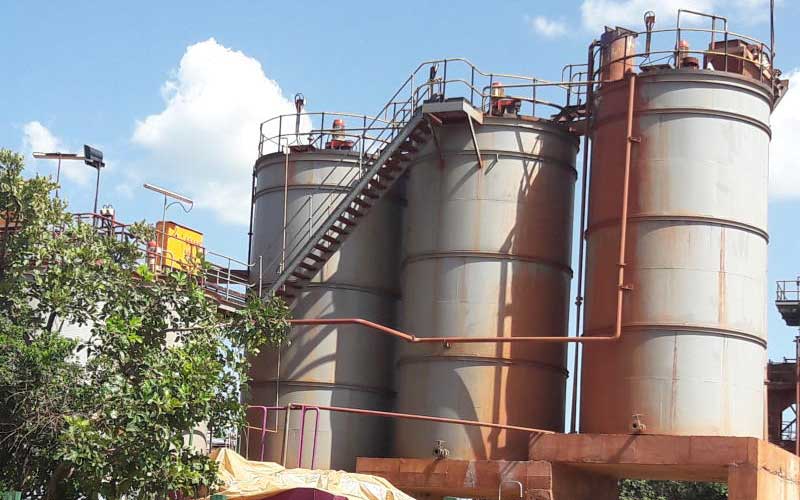×
The Standard e-Paper
Home To Bold Columnists

The planned sale of stakes by two gold miners in their Kenyan operations is a pointer that it might not be all rosy for the industry that has been touted as key to turning the country’s fortunes.
Goldplat, which operates the Kilimapesa Goldmine in Narok County, last year said it would sell a stake in the mine. The firm’s move is informed by the need to avoid going to shareholders to pump more money in the loss-making operation.






